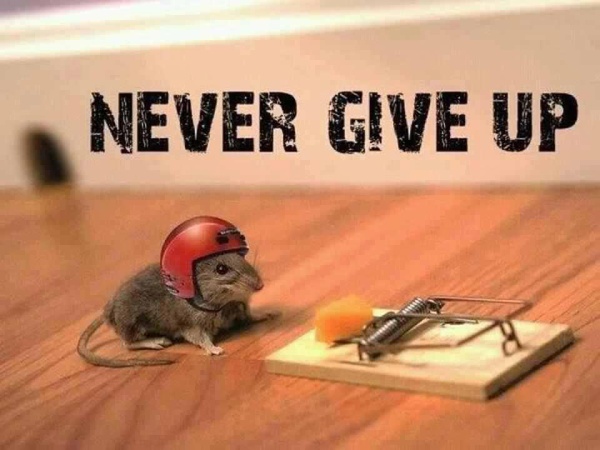Here are some notes for tomorrow's paper 1 and 2.
Paper 1:
- Go through the format of report writing and letter of complaint and compliment.
- Know your role and who you are writing to (Audience)
- Note the formality.
- Jot down the six points for the content before you start.
- For report writing, sign off with Reported by:
- For letter of complaint/compliment, sign off with Yours sincerely,
- For more on the format, you can always run a search on this blog for situational writing.
- Take note of the key points I have shared with you for the different common topics for composition and the good phrases to be used.
- Common topics include 'Fire', 'Accident', 'Robbery/theft' and 'Bullying'.
- Stick to the picture composition as it is the safer option. Remember the write about all the events in the pictures and the characters.
- Describe the characters, actions and feelings of characters.
- Elaborate your actions and explain clearly.
- You can always end off your composition with 'This incident would forever be etched in my memories."
Verb Noun Verb (Plural and Present tense)
Made him go (plural and present tense)
Had I (Verb) --> Perfect tense because of the word 'had' at the front.
Had I know about it,
Had I gone there,
Had I taken the item,
Neither.......... nor ..................
Always look at the second subject (noun) for the singular/plural form.
Neither Peter nor the boys ARE going home.
Neither the girls nor the boy IS going home.
Everything (singular form)
Everything belongs to him.
Everything in the boxes belongs to him.
'The key word is everything despite the word 'boxes' and thus everything inside the boxes is singular.'
Direct to indirect speech,
Step 1: Look at the TENSE (past or present) of the VERB outside the SPEECH first!
Step 2: Look at the PUNCTUATION. If it is a question mark, please, in your answer, write the SUBJECT (NOUN) first followed by the VERB.
Step 3: Change the keywords and tenses.
Was, is, are, were --> VERBS!!!
Example:
Peter asked his son, "Did you eat your breakfast this morning?"
Step 1: The verb outside is 'asked' (past tense). Therefore, I need to change the tenses in the speech.
Step 2: There is a punctuation mark, so the subject comes first before the verb. Subject is 'you' and verb is 'did eat'. So I have to change the tenses too.
Answer:
Peter asked his son if he had eaten his breakfast that morning.
- For more information on synthesis and transformation rules, do a search on the blog on 'synthesis'.
- For grammar cloze, editing and comprehension cloze, remember to read first, state the main idea of the story and then highlight the key words and identify the tenses/singular or plural.
ALL THE BEST FOR TOMORROW.
Early lesson once again as last minute revision at 6.50am - 7.10am.
Tomorrow is the last day to collect the money for the class photographs. Please hand up to the vendor tomorrow.
Thank you,
Sincerely,
Mr Nelson Ong

.png)
.png)
.png)
.JPG)
.JPG)
.png)
.jpg)